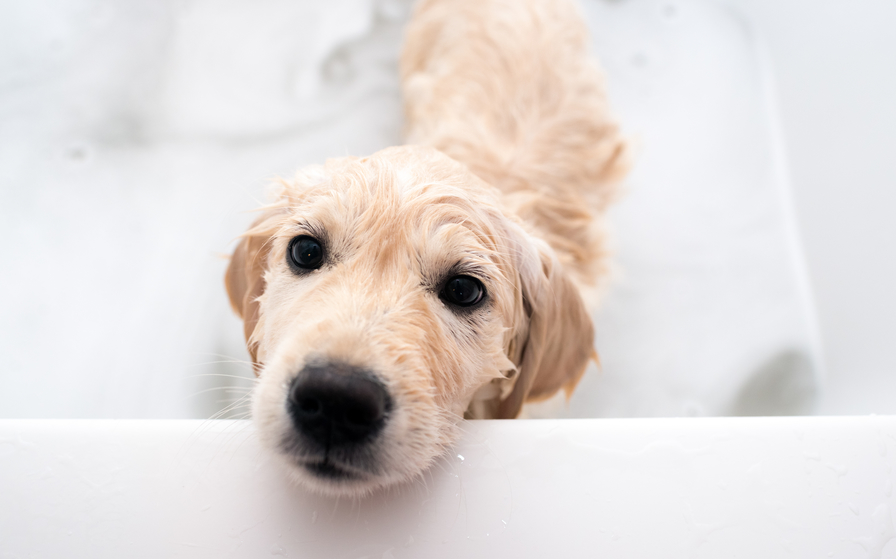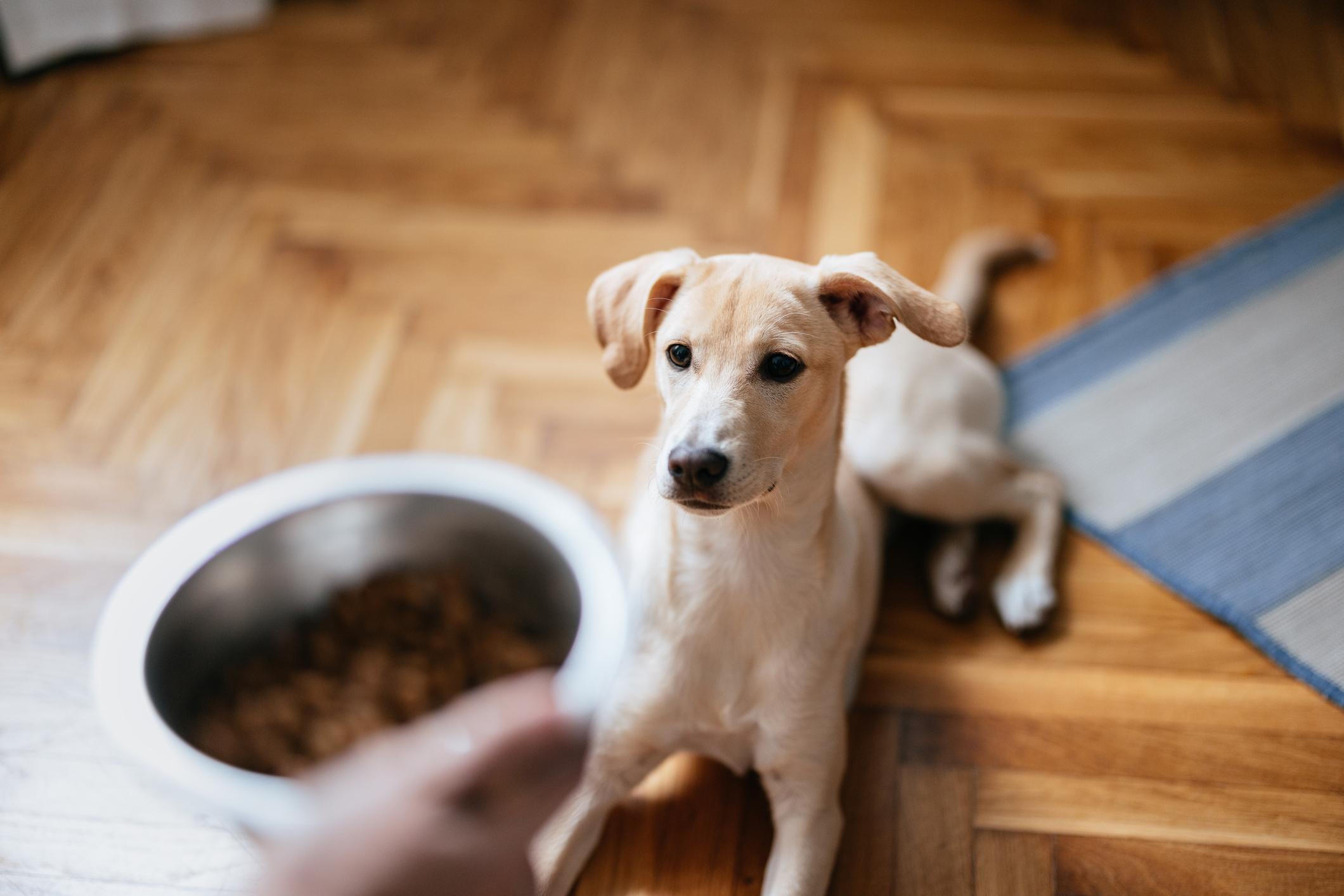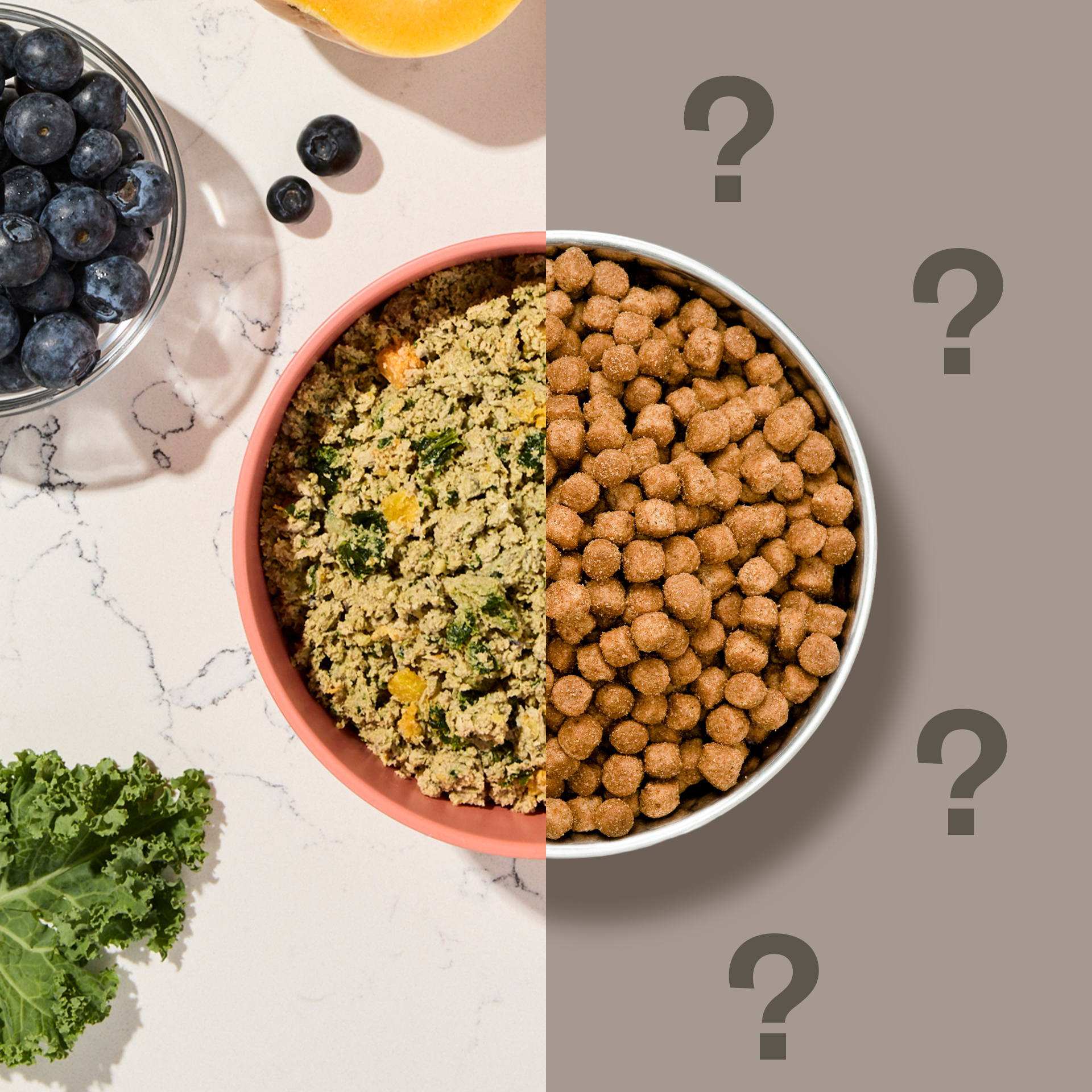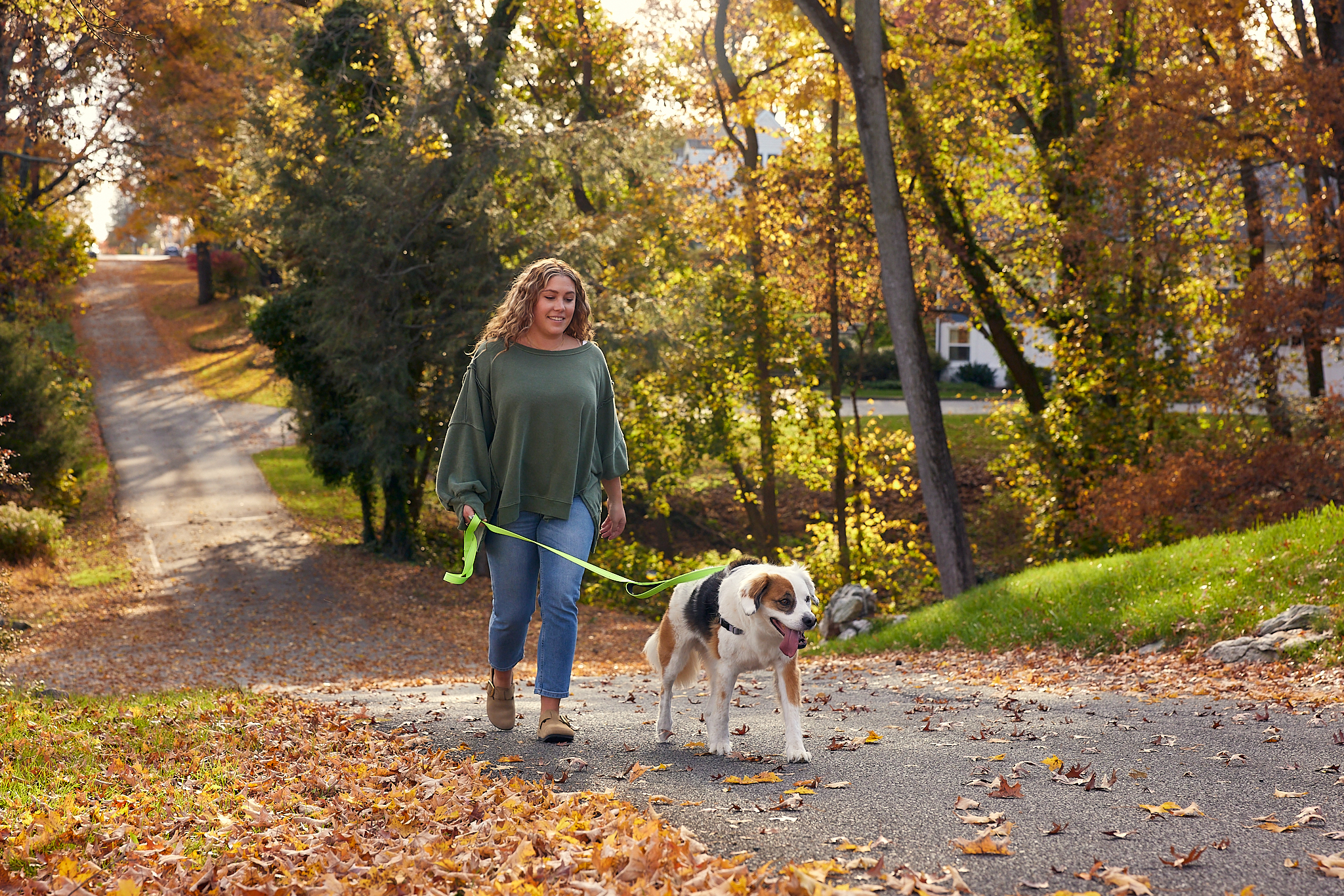Hey Ollie blog readers! We’re offering you an exclusive 60% OFF your starter box! Try now!
The question of how often to bathe a dog can leave pet parents a bit flummoxed. On one hand, dogs and bathtubs is a combo that evokes the kind of stress usually reserved for extensive dental work and long periods of time spent on the phone with the cable company. At the same time, no one wants a stinky pup. So how often do you really need to give a dog a bath?
How Many Times a Month Should You Bathe a Dog?
There is no hard and fast answer. How often you should give a dog a bath depends on a few things, but the short answer is: probably less often than you think. According to the Merck Veterinary Manual, most dogs do not need to be washed more than once a month. (Go ahead, let out a sigh.)
View this post on Instagram
Oh you dirty dog 🙈 … #koira #borzoi #sighthound #dirtydog #hundliv #hundpromenad
Time between baths is important for your dog’s skin and coat, allowing natural oils to build up for a glossy shine and hydrated skin. Those natural oils also aid in the efficacy of topical flea and tick treatments by letting them saturate and spread naturally. Not only that, a dog’s scent (and sense of smell) is an important part of his identity. He wants to smell like himself, not his oatmeal/chamomile shampoo.
How to Tell If Your Dog Needs a Bath
The simple rule of thumb is this: your dog needs a bath when he’s dirty or stinky. For some active, outdoorsy, dog-park-wrestling pooches who sleep in your bed, this could be as frequently as weekly or bi-weekly. For the pampered house dog who watches daytime TV from her reserved spot on the pristine sofa, a bath may only be necessary every few months.
More important than frequent bathing is frequent brushing. This helps exfoliate skin and hair, keeps matting under control, and stimulates that healthy natural oil production. Regular grooming will also tip you off to any changes or abnormalities on the skin or the presence of bugs. And bonus: most dogs love being brushed. Find the right kind of brush or comb for your dog and make it part of your routine.
How to Bathe Your Dog
When it’s time for a bath, keep calm and carry on. Use a mild, natural, shampoo made for dogs. (Human shampoos can be irritating to dog’s skin.) Soothe the dog with plenty of warm water, a loving, sudsy massage, a thorough rinse, a soft pat dry, and a fair amount of time and space to shake the rest off. Your dog’s sprinkler-like instinct is not only effective and removing extra water, but he really enjoys it. For more tips, read “10 Dog Bath Hacks for a Stress-Free Experience.”
And now that you don’t have to bathe your dog as often as you feared, you’ll have more time for extensive dental work and calling the cable company! Win/win!
The Ollie blog is devoted to helping pet parents lead healthier lives with their pups. If you want to learn more about our fresh, human-grade food, check out MyOllie.com.
Tagged As:

The nutrition your dog needs,
the food they want.

Enjoying our articles? Subscribe our Newsletters and get new articles directly to your inbox
You might also like
12 August 2025
5 MINS READ
Top 8 Allergens Hiding in Your Dog’s Bowl
As pup parents, we never want to see our dogs uncomfortable. When it comes to itching, swelling, and upset stomachs, the culprit may be in their bowl. Understanding the most common allergens and t…
by Ollie Pets
11 August 2025
5 MINS READ
Not all Processing Is Equal: What’s Really in Your Pet’s Bowl?
As pet parents, we know how important it is that our dogs live long, healthy, and happy lives. This is why at Ollie, we focus so much on what goes into their bowls. But did you know there may be s…
31 July 2025
4 MINS READ
The Healthiest US States for Dogs
The Ollie Health team, a team of veterinarians and veterinary technicians, reviews thousands of photos submitted through Ollie’s Health Screening service. That’s hundreds of dogs (and their st…
by Ollie Pets







